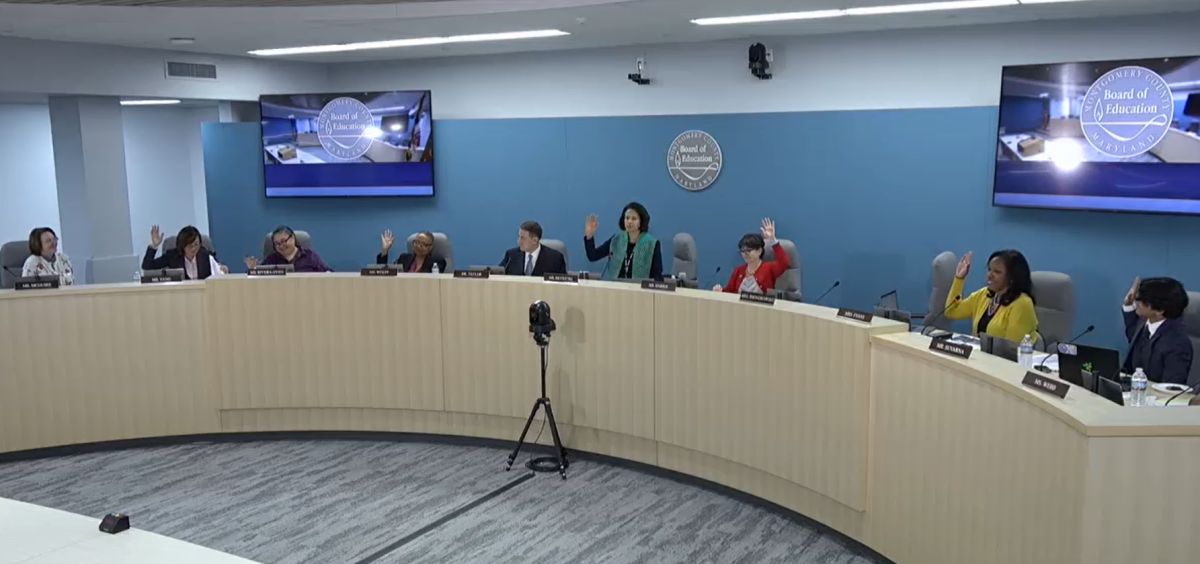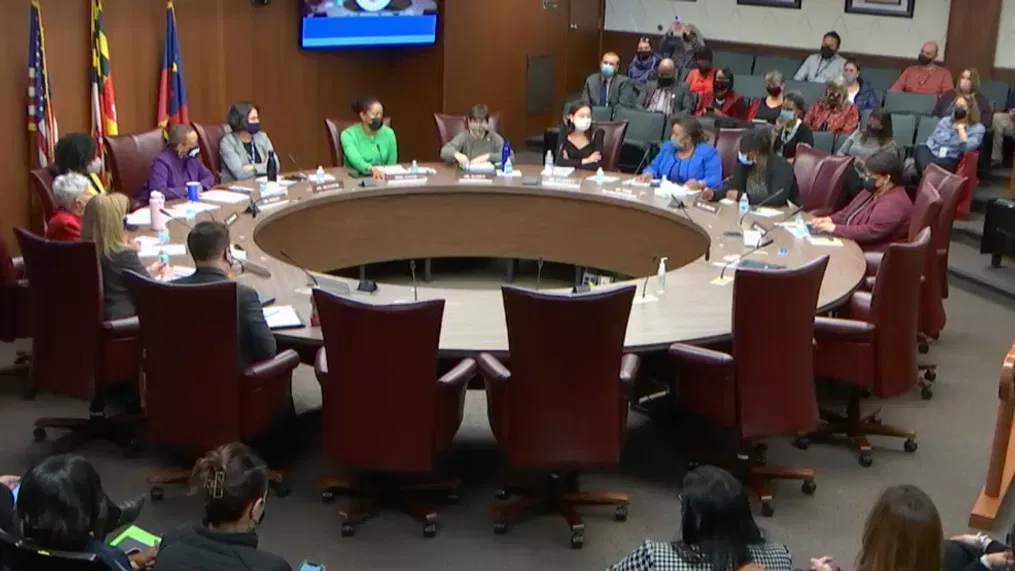Since the 2016-2017 school year, MCPS students have been enjoying a semester-based grading system. However, in the upcoming school year, that may change. In a memo released on April 10 from MCPS Superintendent Dr. Thomas Taylor to the Board of Education, plans to revamp the grading system surfaced as part of a broader push to reduce grade inflation and “return to rigor.”
The memo titled “Grading and Attendance Regulation Revisions” proposed several changes for the upcoming school year. These include reviewing which courses qualify as honors, requiring summative assessments during quarters two and four, redefining minimal effort in relation to the 50% rule and reconsidering the current semester grading system. Among the plans listed, the possible removal of semester grades and the return of final exams have received the most attention. While serving on the district’s grading policy workgroup, WCHS Principal Mr. John Taylor observed noticeable inconsistencies in grading practices across different schools.
“This has actually been an ongoing process with updates coming each of the last three years,” Taylor said. “Adding district and end-of-course assessments, clarifying due dates and deadlines and ensuring the 50% rule is more fairly applied have all raised the level of rigor. The new changes would address the semester grade, which has been skewed ever since the semester exams were removed a decade ago. I believe the new changes will allow for a clearer picture of each student’s success and mastery while allowing better differentiation between truly exemplary students, students who are doing well in a class and students who are struggling.”
Many students in MCPS today may not even remember a time prior to the semester grading system or final exams schedule. In 2017, District Assessments were created to replace final exams. Additionally, before 2016, final grades were simply an average of each quarter’s grades, with no option to offset a poor grade in one quarter by doing better later in the semester.
“Semester grades have helped me a lot,” WCHS sophomore Juliet Scott said. “If I go through something that affects one quarter, I still have the chance to bounce back and finish strong, and I feel like that final grade ends up being way more reflective of my actual effort and understanding than just averaging the two quarters together.”
Though semester grades have been widely embraced by students, growing concerns from educators and outside voices highlight the leniency it offers. From multiple MCPS school newspapers to the Bethesda Magazine, the MCPS grading system has been criticized for being too lenient and lacking in rigor. Now in the post-pandemic stage, MCPS is pushing for a “restoration of coherence, clarity and high expectations districtwide” as part of #MCPSforward. Still, many students feel that maintaining academic rigor should not come at the cost of their mental health and see the current grading system as a way to manage stress more effectively.
“[Semester grades] break the year into manageable parts and give students a way to start over and make up for past mistakes,” Scott said. “Without that, it feels like one giant grade looming over the whole year, which honestly just adds stress and makes bad grades feel a lot worse.”
Another major potential shift concerns bringing back final exams, though potentially in a modified form. Previously, WCHS followed a week-long testing schedule at the end of each semester. However, these final exams were discontinued at the start of the 2016-2017 school year due to concerns about lost instructional time. While it remains unclear whether traditional exams will return, it is possible that they will be replaced with in-class summative assessments.
“We could have a modified schedule that allows for summative assessments in many of our core academic classes, without causing the same disruptions [that they previously caused],” Taylor said. “The important thing is for our staff to work to build into their instruction and teach students how to manage summative tests and activities that require them to build and retain knowledge across units of instruction. We do this for APs and other classes already, so it will not be a huge leap for our staff, just a careful and intentional review of our plans and lessons to ensure we are supporting students to do their best.”
Despite the mention of these new policies, nothing is set in stone. Whether or not the semester grades are for only incoming freshmen students or for all students is still up for debate by the board. After the board’s decisions are finalized, the school leadership team will be in charge of creating a specific implementation at WCHS. Afterward, the new changes are communicated to staff and then to families and students at the start of the year.
“The biggest thing is that we are moving into a set of policies that will mean that all assignments and all work in classes will count,” Taylor said. “Students should keep that in mind when selecting the level of rigor of their classes, as it will be more difficult to make choices about their work because of stress. Once we move to percentage grades, every assignment counts and students need to be prepared to put their best effort into every [piece of] work they turn in, which will be more stressful but will be good in the long run for their own learning and mastery of the content.”















